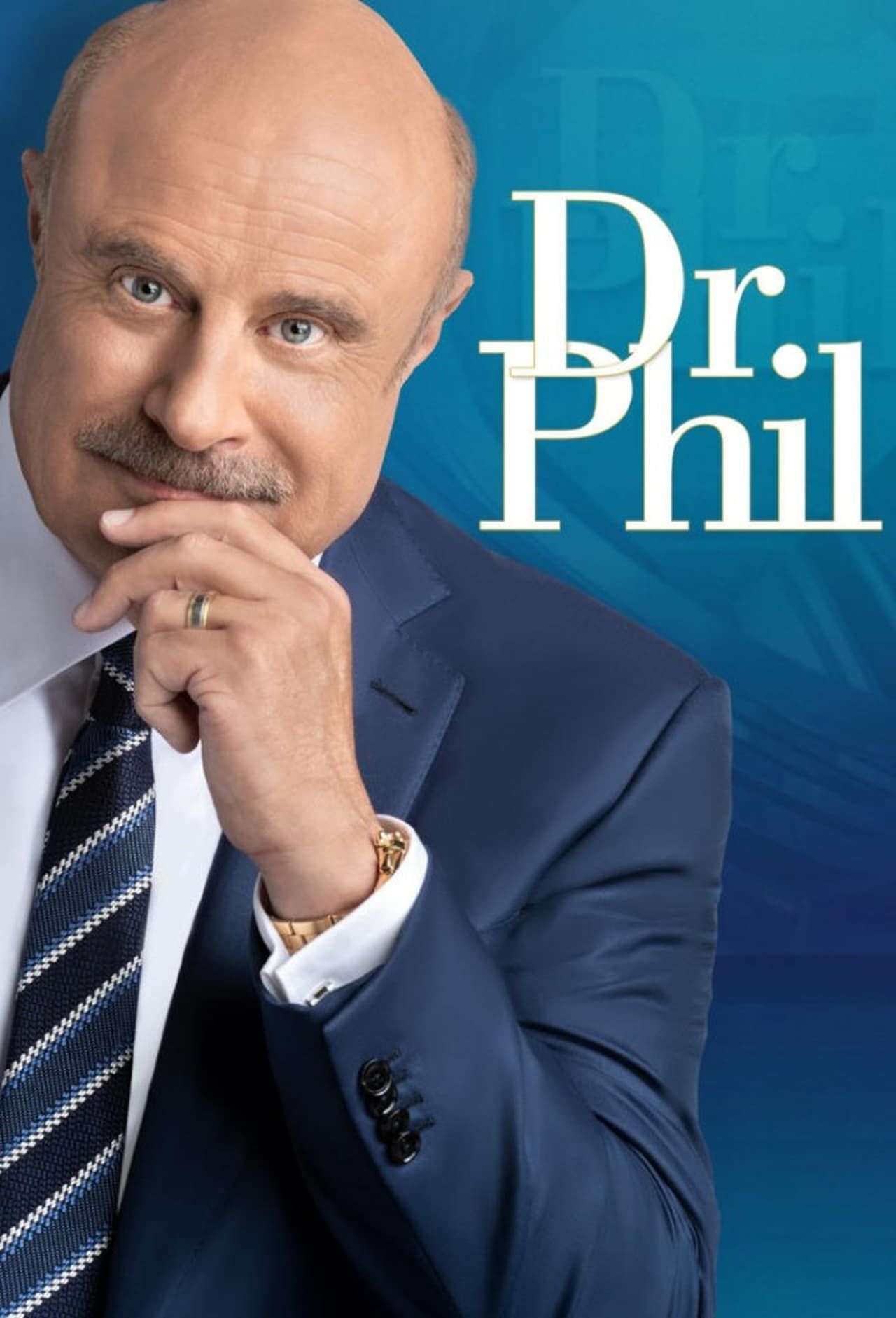Is Dr. Phil's Show Truly Real or Just Another Form of Entertainment?
In the world of television, the line between reality and entertainment often blurs. One such example is the popular talk show Dr. Phil, hosted by Phillip McGraw. Known for its dramatic confrontations and emotional revelations, the show has sparked debates about whether it genuinely addresses real-life issues or merely capitalizes on them for ratings.
Melissa Moore and the 'Happy Face' Crime Series
Take, for instance, Melissa Moore, a makeup artist turned investigative crime reporter who gained fame through her association with shows reminiscent of Dr. Phil. Moore's life took an unexpected turn when she discovered her father was the notorious Happy Face Killer. This revelation became the basis for a crime series featuring Dennis Quaid as her father. While the show claims to be based on true events, critics question how much of it aligns with reality.
The series takes significant liberties with Moore's story, adding fictional elements to heighten drama. Such creative license raises ethical concerns about exploiting sensitive topics for entertainment purposes. Viewers must discern what aspects are grounded in truth versus those fabricated for dramatic effect.
Guest Experiences on Dr. Phil: Therapy or Drama?
Many guests who have appeared on Dr. Phil share mixed experiences. Some appreciate the platform for addressing their personal struggles, while others feel misled or exploited. For example, individuals battling addiction claim they were left without proper medical support after appearing on the show. In one case, a guest even alleged being directed toward illegal drug sources—an alarming accusation against a program supposedly dedicated to helping people.
Despite these controversies, Dr. Phil maintains that his show deals with real-world issues. However, skeptics argue that inviting adversaries onto the same stage prioritizes spectacle over genuine resolution. This approach may satisfy audience cravings for conflict but risks undermining the therapeutic potential of public discourse.
Dr. Phil's Credentials: A Closer Look
Questions also arise regarding Dr. Phil's qualifications. Although he holds a Ph.D. in clinical psychology from the University of North Texas, critics point out that he no longer practices as a licensed psychologist. Instead, he operates primarily as a media personality and author. This distinction matters because it affects perceptions of his authority and credibility when dispensing advice on complex psychological matters.
For over two decades, Dr. Phil has dominated daytime television with his signature blend of tough love and self-help wisdom. His influence extends beyond mere entertainment; he tackles serious subjects like domestic violence, substance abuse, and mental health. Yet, the extent to which his methods align with professional standards remains debatable.
Behind the Scenes: The Reality of Television Production
Television production inherently involves scripting, editing, and staging to create compelling narratives. Critics contend that this process compromises authenticity, transforming raw human experiences into polished performances tailored for mass consumption. Producers may manipulate timelines, emphasize certain details, or omit others entirely to enhance dramatic tension.
One former guest described feeling manipulated during their appearance on Dr. Phil. Despite receiving exceptional makeup services—a testament to the show's attention to aesthetics—they felt coerced into agreeing with predetermined outcomes. Such accounts highlight the tension between artistic expression and journalistic integrity within reality-based programming.
Conclusion: Balancing Entertainment and Responsibility
While Dr. Phil undeniably offers valuable insights into various social issues, viewers should approach its content critically. Recognizing the show's dual nature—as both a source of information and a commercial product—can help audiences separate fact from fiction. Ultimately, responsible consumption demands awareness of the broader context in which such programs operate.
In a world saturated with media messages, distinguishing authentic storytelling from calculated sensationalism becomes increasingly challenging. By staying informed and questioning underlying motives, we empower ourselves to engage meaningfully with the content we consume.

